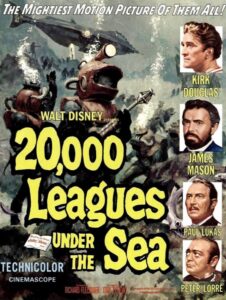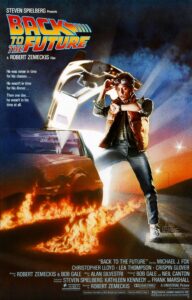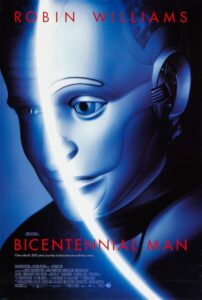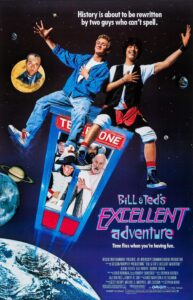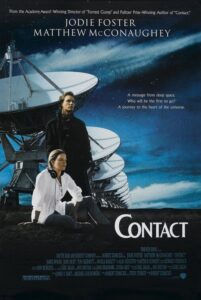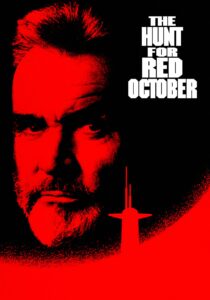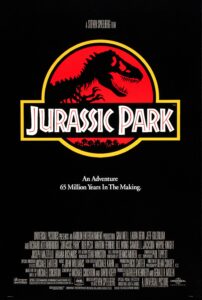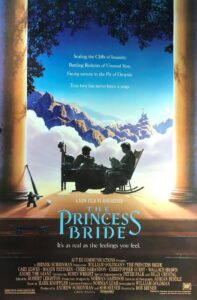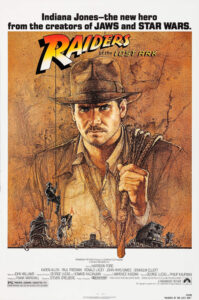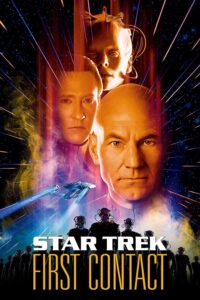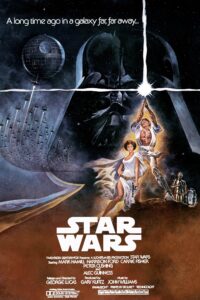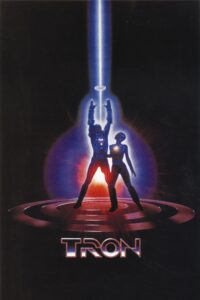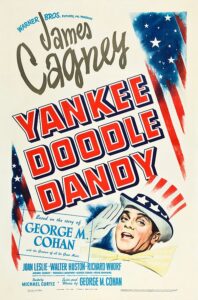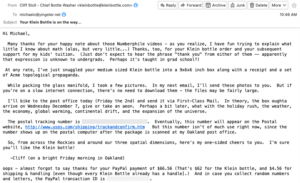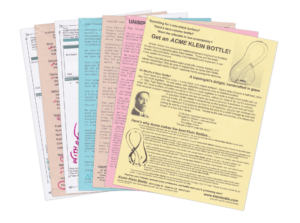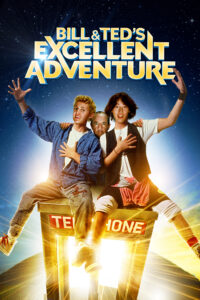Here are the book’s I got through this year. I think my quantity went down from last for some reason.
The Wild Robot escapes
Peter Brown, 2018
The thrilling conclusion of the previous story. The hero has to escape and return to his island. He makes some new friends along the way. At the climax of the book, the robot gets some help from his inventor. It felt a little too easy in a way for it to wrap up so nicely with someone basically giving the robot what she wanted and needed, but it’s also a kids book, so I’m probably not in a place to criticize. My kids loved it, and that’s what really matters.
The Wild Robot Protects
Peter Brown, 2023
Where the second book felt like a final act for the first book, this one felt completely separate. Which is fine; I’m just noting the difference. In this one the robot needs to protect the island from the pollution of humans who are mining at sea in order to get minerals for more robots. It was very optimistic about humans taking accountability for their actions. The kids enjoyed it and followed right along!
The Creature from Jekyll Island
G. Edward Griffin, 1994
This book was interesting. It is labeled as a large conspiracy theory and dismissed by most. I had multiple acquaintances who recommended it. I found it pretty fascinating, and also fairly depressing. The premise is that the Federal Reserve, a private bank established in 1913, was modeled after the bank of Europe and as such uses tools such as inflation and socialism to transfer wealth from the lower class, and funnel it to the bank and it’s share holders. It’s a well cited book and many of the things within feel credible enough. It makes me pessimistic about the future of the economy and the odds of me being able to retain any wealth should things go sideways. Definitely an interesting read.
Eruption
Michael Crichton & James Patterson, 2024
This book was based on an unfinished manuscript by Michael Crichton. It felt very Crichton-y to me, and was fairly enjoyable. It had intrigue and things just kept getting worse. The end though felt like a deas-ex-machina where if no one had taken any action, it would have turned out the same. But it was a fun ride none the less.
Angels and Demons
Dan Brown, 2000
This book was a little weird for me. I heard nothing but good things about this series, bot the book and the films. They were kind of a national phenomenon for a while! I decided I’d go ahead and try it. It was… Okay. It was a bit of a thriller, but my issue with it was the weird things that just didn’t make sense or the things that the characters didn’t know that seems like very basic knowledge. For example, the character get picked up in a private jet that travels at mach 15. That’s like 9,000 MPH, which is just absurdly not realistic. There was another part where they needed to travel 4 miles and took a cab and got there in “under a minute”. By my calculations, that cab was going a bit over 200 miles and hour. I found it shocking that no one had heard of CERN, or anti-matter. Also perplexing that no one had seen an ambigram before. The twist at the ending was nice though. In all, it wasn’t great for me.
Lifespan: Why We Age – and Why We Don’t Have To
David A. Sinclair, 2019
This book was a recommendation from a work friend. It was an interesting read. The premise of the book is that aging is a disease, and as such will be curable someday. The author, who has studied aging for his whole life, presents a lot of interesting data and studies, usually involving mice or yeast, that show improvements to health and longevity. I find the premise compelling and I believe that we can make improvements to our quality of life as we begin to understand more the mechanisms of aging. I would recommend this book. I found it’s earnestness and optimism refreshing want to take some of the steps the author suggests into my own health regimen.
The Three-Body Problem
Liu CIxin, 2008
I first heard about this book when there was a lot of hype about it around the time that Netflix was adapting it. It’s been on my list, and I finally got to it. It was very different, and I really ended up enjoying it. The first chapter which sets up a lot of the motivation for characters had a very dark tone and I was thinking I was not going to like where it was going, but then I got whiplash because the nature of the plot changed multiple times throughout. Some of it felt like a mystery/conspiracy novel, and other parts a hard sci-fi, and then there were parts that were completely fanciful. In the end it tied all these things together and I was very satisfied with how the story played out. It does NOT resolve though, and so now I will need to read the sequel to find out what happens! It was a great read!
Project Hail Mary
Andy Weir, 2021
Wow. This book was just wow. I loved every minute of it. It had a good pace, and continual sense of mystery while using flashbacks to explain things as needed. The overall story was really fantastic. It’s pretty out there, but felt grounded and plausible. The characters were great. I don’t want to say anything spoilery, but this is the best book I’ve read since Contact. I really liked it and can’t say enough good about it. There is an upcoming theatrical adaptation, and I wonder if they will be able to do it justice.
Percy Jackson: The Sea of Monsters
Rick Riordan, 2006
This was some filler while I waited for other books from the library. It was okay. I don’t love them as I think they are more aimed at a young-adult level reader. It was entertaining enough. This particular one paralleled the journey in The Odyssey a lot. So much that I wasn’t sure if it was clever or distracting. The characters are likable, and the story was entertaining.
Percy Jackson: The Titan’s Curse
Rick Riordan, 2007
Back-to-back Percy Jackson. Very consistent style of story telling across these books. This one had less of a familiar story than the last (at least for me). There were lot’s of things I liked about it. Notably was Apollo who was a fun character. Also the Lotus Casino which was interesting. Again the characters are fun, and the story was easy to follow and energetic. Overall, it was an enjoyable book.
Embassytown
China Miéville, 2011
This was an interesting book. On the one hand, I really loved the premise and the mechanics of how the language and communication worked. The aliens, and the problem with communication and the ambassadors were all really great concepts that I found quite intriguing. However the what the book was written actually reminded me a lot of Dune, and I had trouble with it. I think why it reminded me of that in particular was that it drops you into a completely foreign universe, and as a reader you have to really get immersed in order to pick up the new words and concepts. There was also quite a bit of swearing and general immorality which I try to steer clear of in my media. I really liked the concept, but would only recommend to mature readers who are into this genre.
The Dark Forest
Liu Cixin, 2008
This is the sequel to the Three-Body Problem. It was a good read. It differed from it’s predecessor in that while the previous one took place in many environments and had tonal shifts, this one read more like a mystery/thriller throughout focusing on on character primarily. I really enjoyed it. When the wall-facer’s plan was finally revealed at the end of the book, I was afraid I would be disappointed by it, but it was actually quite nice and I didn’t feel let down. The end was a bit of a quick wrap-up, but it was a wrap up. I am curious what is in store for the third installment. Definitely a book I’d recommend. It kept me interested throughout.
Conclusion
This year I got through fewer books, unfortunately. There was a clear standout though for the book I most enjoyed. Project Hail Mary was fantastic. I enjoyed it so much. The story was fascinating and not predictable, and the characters were really great and likeable. I am anticipating the imminent theatrical release and hope that it does the book justice. I also enjoyed the Three-Body Problem series so far, but would still award favorite book to Project Hail Mary.
